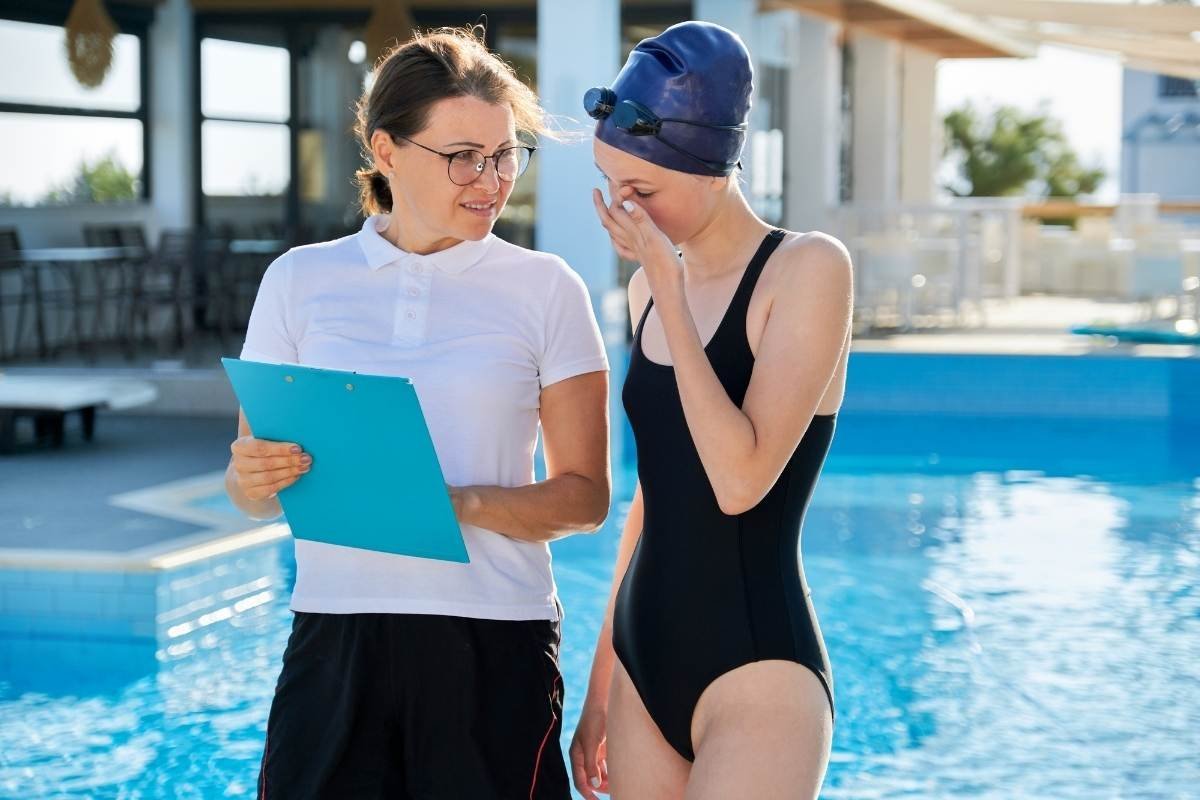Blog
A SCAT assessment modified for para-athletes could work for concussion assessment in some types of disabilities
A study published in the British Journal of Sports Medicine examined whether the sports concussion assessment tool, version 5 (SCAT5), could be utilized for para-athletes with a visual impairment, a spinal cord injury, or a limb deficiency.
National Athletic Trainers’ Association updates clinical recommendations
In late March, the National Athletic Trainers’ Association released its updated recommendations for the management of sport-related concussions – a document that hadn’t been updated in over a decade.
The introduction of concussion spotters to the Women’s World Cup
In the 2023 Women’s World Cup, there was a new introduction to the state of play for the tournament: concussion spotters. Spotters are certified athletic trainers not tied to any specific team.
Systematic review: no significant relationship between greater neck strength and lower risk of sports-related concussion––more research needed
A study found that there was a small, not statistically relevant relationship between greater neck strength and a lower risk of sustaining a sports-related concussion in athletes.
Athletes with comorbid depression and anxiety and no recent concussion report more post-concussion symptoms than “healthy mood” athletes who are two weeks post-concussion
Scientists have found that athletes with baseline comorbid depression and anxiety reported more symptoms on the Post-Concussion Symptom Scale, without having a recent concussion, than the post-concussion athletes who had a healthy mood at baseline.
Study finds marker of functional brain activity and vasculature more accurate than ImPACT testing
A study found that these measures of blood oxygen variability (measured with fMRI) are significantly better at detecting concussion in athletes than widely used computerized cognitive diagnostic testing (i.e., ImPACT)
Satisfaction with quality of life post-concussion may reduce the risk of lower extremity musculoskeletal injuries; more studies needed
A recent study in the Journal of Athletic Training explored the role of mental health in predicting lower extremity musculoskeletal injuries (LE MSK) after sports-related concussions in NCAA student-athletes. Previous research has found that the rate of LE MSK is elevated post-concussion, although the cause of this increased rate is unknown. In addition, poorer mental health is common post-concussion.
Duration of continued athletic participation after sport-related concussion impacts recovery outcomes
A study evaluated the duration of continued participation after a suspected sport-related concussion (SRC) and its impact on recovery outcomes in collegiate athletes. The researchers found that continued participation (within a range of 0-90 minutes) after SRC was associated with worse outcomes.
Baseline evaluations for diagnosing concussion do not improve diagnostic accuracy
A study by Dr. Lyndsey M. Ferris et al., published in the American Journal of Sports Medicine, analyzed the utility of baseline evaluations for identifying acute concussions in college athletes. The researchers found that using baseline evaluations does not significantly improve diagnostic accuracy.
Study looks at concussion nondisclosure in college athletes from health disparities and social health determinants framework
A study investigated whether concussion nondisclosure disparities existed by race, socioeconomic status (SES), or athletic training health care access before college. One of the study’s goals was to understand the differential reasons for concussion nondisclosure between White and Black collegiate athletes.










